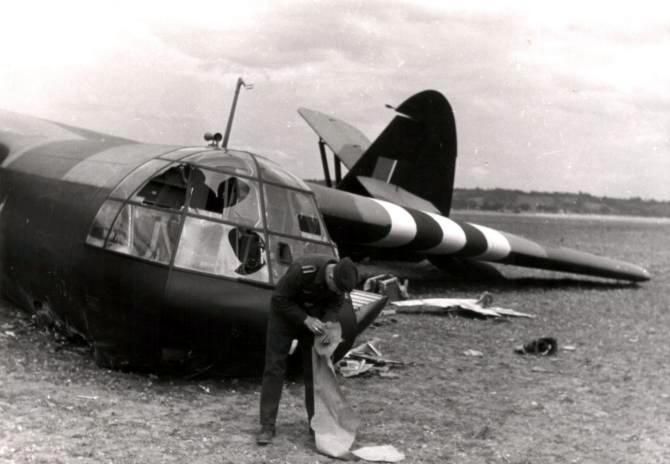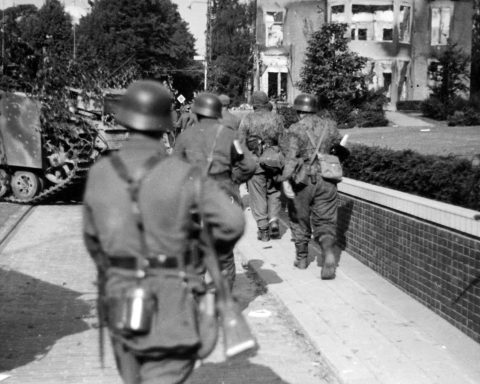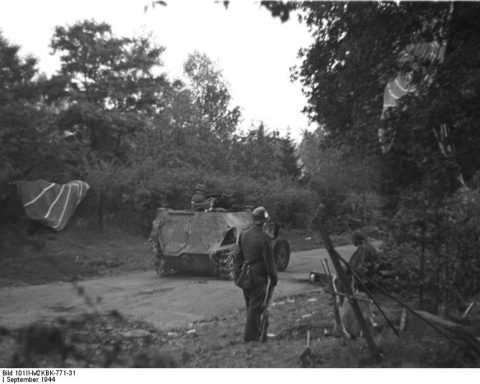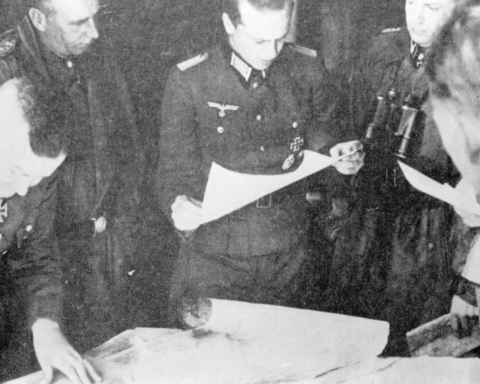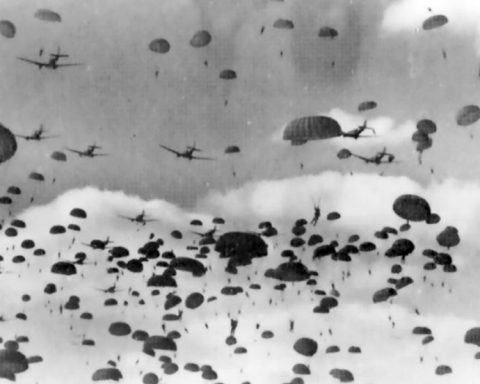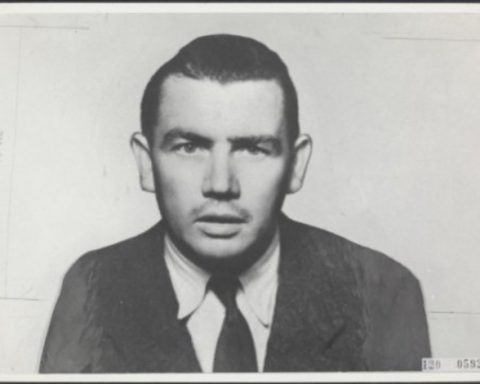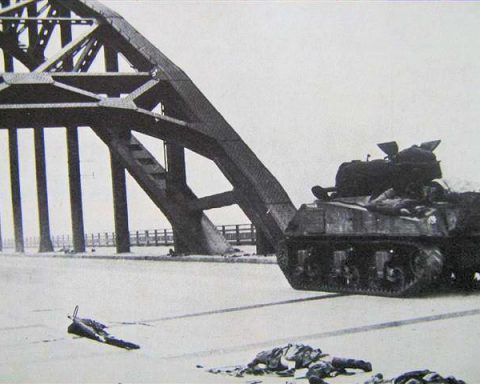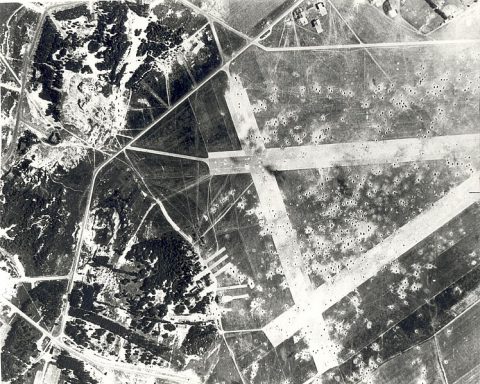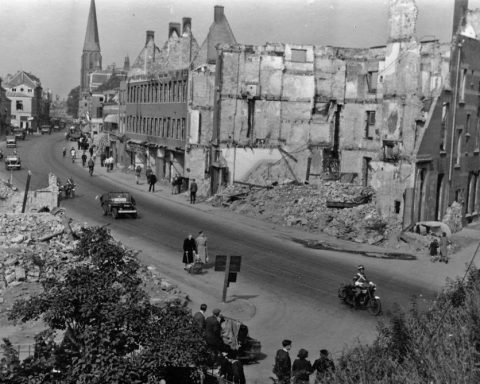There are still many myths circulating about the Battle of Arnhem for so many decades afterwards. One of those myths is that Operation Market Garden failed because the Germans acquired the original plans for Market Garden.
Because the Germans knew what the Allies were planning, they could anticipate this in advance. The British and Americans therefore had no chance, the story behind this myth reads.
There is some grain of truth in this story. After the American and British airborne landings, the Germans indeed got their hands on the original plans for Operation Market Garden. But this has in no way affected the course of the battle.
Prior to Operation Market Garden, all senior commanders involved in the operation had received a copy explaining the combat operation in detail. In large letters, every copy stated that this plan should under no circumstances be taken on a plane to the Netherlands. Precisely to prevent the plans from falling into the hands of the Germans.
However, an American 101st Airborne Division officer took the plans with him. However, his waco glider crashed near Vught. A German patrol that examined the glider on Sunday evening, September 17, 1944, came across the plans.
The elated patrol handed the plans over to the German general Kurt Student, who was in charge of the 1st Fallschirm army in Brabant. In turn, the student made sure that the plans ended up at the headquarters of field marshal Walter Model in Doetinchem on September 19.
However, Model was not so interested in the Allied attack plan. On Sunday afternoon, around three o’clock, while the Allied airborne landings were in full swing, together with German General Bittrich, he had already worked out that the airborne landings were intended to secure a corridor over the rivers in the Netherlands, along which the Allied army would advance.
The original plans added nothing to the knowledge that the German army command already had at that time. In addition, by the time Model got hold of the original plans, on the third day of the operation, it was already clear that Operation Market Garden was not going as planned.
And as German general Erwin Rommel used to say: “No military plan survives the first contact with the enemy.”
Anti-Aircraft
According to British military historian Antony Beevor, the Germans did use the plans because they provided details of supplies to the airborne troops. This allowed the Germans to concentrate their anti-aircraft defense on these landing areas, Beevor states.
While Beevor is an absolute authority, he’s quite wrong here. Walter Model had already sent all available anti-aircraft and anti-flak guns towards Wolfheze and Oosterbeek on Sunday 17 September, well before he had the plans in hand. The German anti-aircraft defense was already deployed around Oosterbeek before Model had the Market Garden plan in his possession.
Because the British occupied the landing zones with many soldiers, it was clear to the Germans on Sunday September 17 that more airborne landings would follow. In addition, the Germans knew that airborne troops would only last for a few days. They had to be supplied by air in the meantime.
Signaling
Walter Harzer, commander of the 9th SS Armored Division, and in that role responsible for defeating the British at Oosterbeek, stated after the war that he did use information contained in the original plans for Market Garden.
A few days after Operation Market Garden commenced, the drop zones where the RAF was to drop supplies had fallen into German hands. Due to poor radio connections, the English in Oosterbeek were unable to report to the pilots that the drop zones had been captured by the Germans.
To ensure that the RAF would indeed drop supplies on the planned drop zones, the Germans used the pre-arranged signals. Which signals to use were neatly stated in the original Market Garden plans that Harzer had encountered at Walter Model’s headquarters.
Harzer: “I hardly slept during those days, but we ate well. Even luxurious, thanks to the British supplies. There were things in the British supplies that we had not seen for years, such as chocolate and real coffee.”
However, the deception of the RAF pilots by the Germans hardly affected the outcome of the fighting. The British perimeter at Oosterbeek was so small that the RAF would never have been able to drop supplies into the zone occupied by the British at the time.

